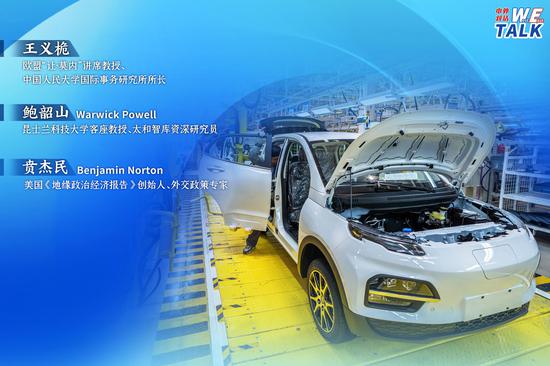
(ECNS) -- The United States announced on Tuesday that it would impose increased tariffs on a variety of clean energy products from China, including electric vehicles (EVs), solar panels, steel, and more, with EV tariffs jumping from 25 percent to 100 percent.
Recently, the Western countries led by the United States have ignored facts and frequently hyped up the China "Overcapacity Theory".
What is the intention of Western politicians to hype up the so-called China "Overcapacity theory"? What is the purpose of the United States imposing tariffs on China and insisting on ramping up tariff barriers?How has the development of China's new energy and other industries contributed to the realization of global climate goals and global energy transition?
In the latest W.E. Talk, Wang Yiwei, dean of EU Research Center at Renmin University of China and chair professor at Jean Monnet, Warwick Powell, adjunct Professor at Queensland University of Technology and senior fellow at the Taihe Institute and founder, and editor-in-chief of the Geopolitical Economy Report, foreign-policy expert Benjamin Norton were invited to discuss these questions.
Wang holds that the China "Overcapacity Theory" is a narrative trap and the premise underlying the Western hype about China's "overcapacity" is their refusal to acknowledge China's market economy status and its position as a developing country.
Powell said there is no such thing as China's "overcapacity." The abundance made possible by Chinese manufacturing scale means economies around the world can benefit from low-cost technologies and capital goods. This is a net positive for global economic development.
For Norton, the world is going through an energy transition and China has become the world's leading producer of electric vehicles, which is good for reducing carbon emissions, as was agreed in the Paris Climate Accord. It is also beneficial for countries who want to move away from the use of fossil fuels and toward renewable energy. However, the U.S. is angry, not because China has done something bad, but rather because the U.S. is trying to re-industrialize. And U.S. corporate monopolies can hardly compete with Chinese companies, said Norton.
Here's an excerpt of the dialogue:
China News Service: The United States announced on Tuesday that it would impose increased tariffs on a variety of clean energy products from China, including electric vehicles (EVs), with EV tariffs jumping from 25 percent to 100 percent. What is your opinion on this issue?
Wang Yiwei:Sales of Chinese electric vehicles in the U.S. are quite scarce, hence the tariffs imposed by the U.S. government are primarily seen as a political maneuver driven by campaign imperatives. The U.S. aims to curb China and anticipates a flow of industries and capital back to its own shores. Thus, this action is not only a plea to economically challenged regions but also a call to allies, framed as a pursuit of "political correctness".
To boost its presidential campaign, attract capital, revive industries, and create more jobs, the Biden administration continues to promote the "American Legend". Consequently, it calls upon its allies and the global community to denigrate and suppress China, with the prominent example of the recent imposition of additional tariffs on Chinese EVs.
The U.S. labels the competitiveness stemming from China's comprehensive and systemic advantages as a "systemic threat" and counters it with counter-narratives. This behavior reflects the U.S. approach: "Do as I say, not as I do".
Benjamin Norton:When the U.S. started accusing China of "overcapacity", I knew they were doing it to try to justify tariffs.
This is an attempt by the U.S. to weaken Chinese industry, but it won't work. China will continue exporting EVs and solar panels to other countries, especially developing ones in the Global South. This will help them reduce carbon emissions, fight climate change, and become less dependent on imports of oil and gas.
This shows the hypocrisy of the U.S., which criticizes China for its industrial policy and subsidies, while the US is doing the exact same thing.
China News Service: The U.S. and some Western countries claim that there is "overcapacity" in China’s new-energy industries such as electric vehicles and solar panels. But some experts believe that the production capacity of these industries conforms to the requirements of high-quality development and the laws of economics. What do you think of these two statements?
Wang Yiwei:The premise underlying the Western hype about China's "overcapacity" is their refusal to acknowledge China's market economy status and its position as a developing country. Therefore, it is a narrative trap.
In the past, some Western countries condemned that the original intention of China’s Belt and Road Initiative is to "address its own overcapacity" and is part of the country's "debt-trap diplomacy". This kind of mindset has never changed. They are still throwing pebbles on China's New Three - photovoltaics, lithium-ion batteries and new energy vehicles - and accusing China, again, of "overcapacity".
China is "the world's factory" and is providing services for the whole world. When the Western countries blame China for its "overcapacity," their real worry is that "China is hobbling Western firms by flooding the Western markets with Chinese exports." But the fact is, these countries started early but were caught up; by China, the latecomer. On the other hand, Western countries themselves also wanted to develop, but they failed to keep pace with China in terms of production capacity. That's how the "Overcapacity threat" theory has been harbored.
Benjamin Norton:I think we have to define what "overcapacity" means because many countries have exports. And the U.S. is basically saying that “if a country has net exports, therefore, it has overcapacity". But it's only applying this definition to China, so it's hypocritical.
Whereas in reality, in China, for instance, over 80 percent of the cars produced last year were purchased locally, less than 20 percent of the cars were exported. When you look at the share of China's automobile industry and you look at the share of exports compared to other countries like Japan and South Korea, China actually is not nearly as much dependent on exports as South Korea, Japan, and Germany are.
So what I'm showing here is that if the U.S. claims that China is guilty of overcapacity, then Japan and South Korea are at 10 times the overcapacity of China. The question is, why did the U.S. not accuse its longtime allies like Japan, South Korea, and Germany of so-called "overcapacity"? We can see that there’s a double standard. If the world is truly committed to transitioning to save the world from climate change, the fact that China produces so many cheap, high-quality electric vehicles, solar panels and batteries is good for the world, because we need to transition away from fossil fuels in order to meet the conditions of the Paris climate accord and also to reduce global carbon emissions.
Warwick Powell:Growing Chinese output in new energy sectors is mainly absorbed by growing domestic demand. This is the case in EVs as it is in other product categories. Green development is the emerging and fastest-growing sector, impacting all industries.
China News Service: What do you think is the real purpose of Western countries' accusations of China's so-called "overcapacity"?
Wang Yiwei:The Western countries drum up for China's so-called "overcapacity" and aim to address the "Institutional threat" posed by China. China doesn't follow the Western suit when it develops the economy so the Western countries refuse to give it any credit, and some countries want to make China a scapegoat. The U.S., for instance, will hold the presidential election in 2024. Whenever there're setbacks in the outcome, the politicians always find an excuse by saying that "It's not because of our incompetence, but rather our rivals' insidiousness" There are many falls that "China has to take". These are all a kind of discursive hegemony.
Benjamin Norton:The U.S. is trying to reduce the competitiveness of China's industry. And the U.S. is also trying to protect its own corporate monopolies, especially the big tech monopolies in the Silicon Valley.
Furthermore, another reason that the U.S. is doing this, it's trying to encourage countries around the world to decrease their trade with China. The U.S. is saying that "China is not a country that is fairly engaging in fair trade. And therefore, countries should also join the U.S. in trying to isolate China." So this is part of a strategy of U.S. economic warfare against China.
In the case of its (the Biden administration’s) allegations of overcapacity, it’s essentially saying that the U.S. needs to invest trillions of dollars in government support for local industry. But this is also a way for Biden to try to win over voters, especially in some of the states where the government is investing in these manufacturing jobs. So absolutely, it's true that the Biden administration, its policy toward China, is also geared toward trying to win election. And try to say, “Look, we are hard on China, we are tough on China” and the sad reality is that in this election campaign, the Republicans and Democrats are basically competing to see who can be more aggressive against China.
I think it's very unfortunate as an American. I think we should be encouraged in cooperation and collaboration with China, but instead, the Republicans and Democrats are competing to see who can be more anti-China. As an American, I think industrial cooperation with China should be encouraged
Warwick Powell:The U.S. has made a habit out of blaming others for its own policy-induced problems. For decades, the U.S. has seen the expansion of finance and the influence of finance capital across the entire economy. Financialization has driven growth in fictitious capital at the expense of the real economy. The Wall Street has benefited at the expense of Main Street. Manufacturing has hollowed out, and the U.S. is a net importer of manufactured finished and intermediate goods. To address this, the U.S. needs to tackle the dominance of finance capital, de-financialise its political economy, invest substantially in education and training, as well as industrial R&D.
China News Service: Is the hype of China's so-called “overcapacity” a manifestation of trade protectionism? What kind of influence will it have on the development of the world economy?
Wang Yiwei:I think this "Overcapacity Theory" is definitely a manifestation of trade protectionism as China's strong production capacity outshines that of the West. In terms of new quality productive force, in fact, China has already prevailed over the West. We can view the Western hype as a kind of complaint or rhetoric when some countries realize that they have lost some ground and then demand that China must conform to the Western-set standard of development pace and production capacity. In fact, their aim is not only to protect the domestic market, but also to dominate the discourse in the field of new energy vehicles. That explains why Europe would crack the whip when the U.S. beats the drum.
Benjamin Norton:This is deeply hypocritical, because the U.S. government accuses China of supposedly providing unfair benefits for its own industry. But in reality, the U.S. for many years has provided billions of dollars of subsidies for its own industries, for companies like Tesla. And the Biden administration has passed two major pieces of legislation, including the Inflation Reduction Act and the Chips and Science Act, which will give trillions of dollars of U.S. government incentives to companies in order to encourage production in the United States. When the U.S. accuses China of overcapacity, the U.S. is using this as an excuse in order to justify more protectionist policies.
The U.S. is proposing putting more tariffs on Chinese exports, restricting Chinese exports. The European Union is also currently discussing putting tariffs on Chinese exports, including an anti-dumping investigation into the Chinese EVs. So the U.S. is accusing China of what itself is doing of providing significant support for its industries. So overcapacity is an excuse that the U.S. can use along with the excuse of so-called "national security", in order to try to justify the tariffs, protectionist policies, and sanctions that it's using against China.
Warwick Powell:There is no such thing as Chinese "overcapacity." Chinese manufactured value-added is mainly consumed by the domestic market. The abundance made possible by Chinese manufacturing scale means economies around the world can benefit from low-cost technologies and capital goods. This is a net positive for global economic development.
China News Service: How can China's new quality productivity help achieve global climate goals? What does it mean for the global energy transition?
Wang Yiwei:When China is developing the "new quality productive force", it has far gone beyond the original productivity level or system, but growing with the kind of productivity in the new era regarding ecological civilization and digital civilization. From the perspective of productivity under the past industrial and commercial civilization, China has indeed taken a rare chance to catch up and it has made unprecedented contributions to the global digital and green transformation. In ancient times, China was very developed in agriculture, but it was relatively isolated. At that time, the center of industrialization was in the West. However, in the era of Industry 4.0 today, China has begun to overtake its Western counterparts, which, to the West, is intolerable.
China has broken away from the power transfer trajectory in the past, and also changed the history when only the Western countries could develop industrialization and innovation. China is truly in a leading position amid the great changes unseen in a century, and going ahead of others in global energy transition.
The combination of China's strong productive force and digital ecology, embodied by the development of new energy vehicles and other achievements, has contributed Chinese solutions and wisdom to the energy transition of mankind. China has provided a model for the world to reduce emissions and accelerate green transformation, including digital transformation.
Benjamin Norton:Now we're in a moment where China has caught up in the industrialization process and China is developing. It has lifted hundreds of millions of people out of poverty. It’s also important when we consider that the world is going through an energy transition at the moment. If the goal of countries around the world is to reduce their carbon emissions, as was agreed to in the Paris Climate Accord, if countries want to move away from the use of fossil fuels and move toward renewable energy, then we need more and more electric vehicles. And China has become the world's leading producer of electric vehicles. However, the U.S. is angry, not because China has done something bad, but rather because the U.S. is trying to re-industrialize. And U.S. corporate monopolies can hardly compete with Chinese companies.
Warwick Powell:Reducing costs of clean energy and low carbon technologies will make them more accessible, especially in developing countries. Additionally, the ability to deploy low cost, reliable renewable energy is transformative as it will deliver energy sovereignty and catalyze energy-dependent social and economic development. Without low-cost energy, more complex value-adding activities would not be viable.








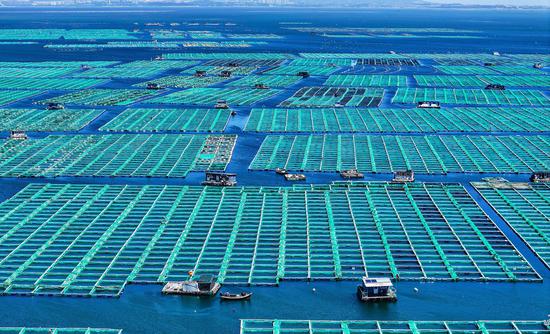



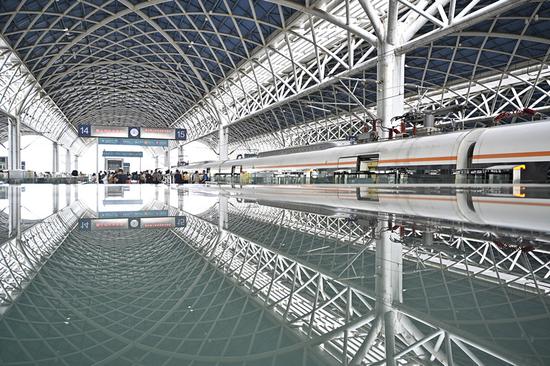

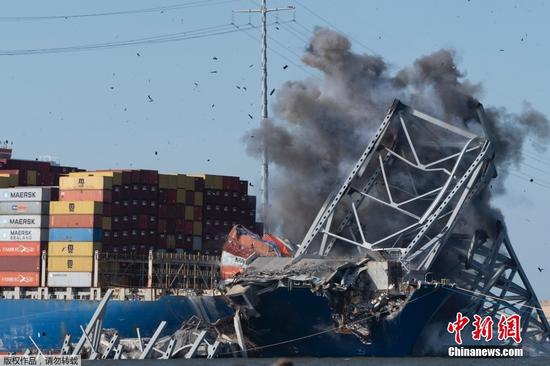

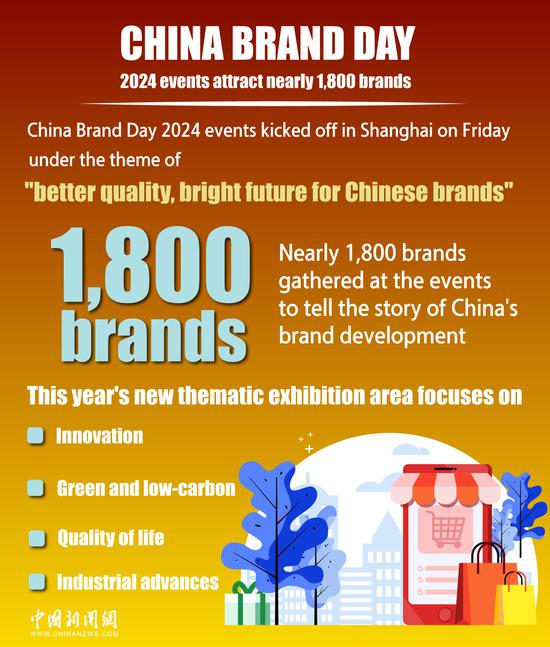

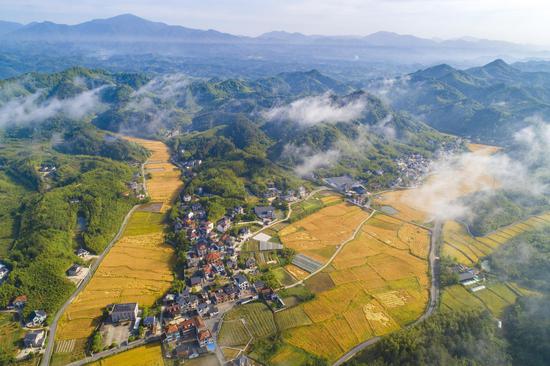


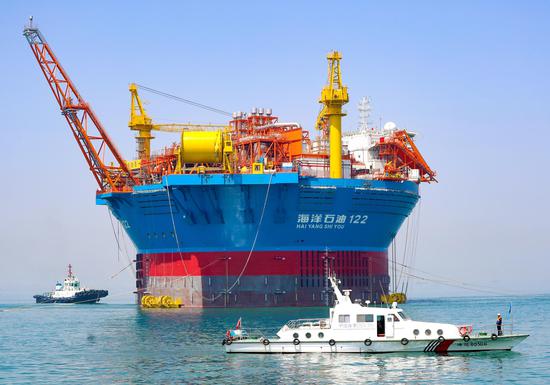
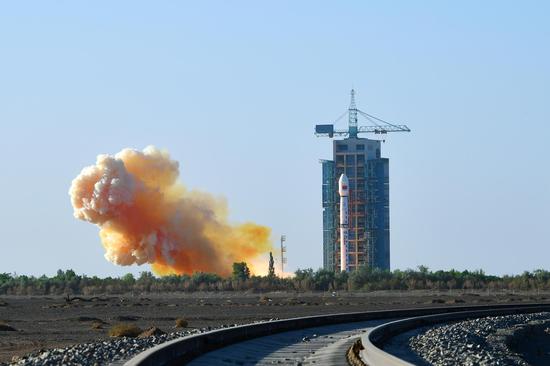
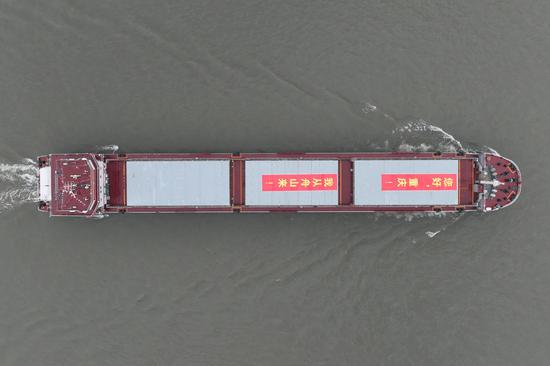

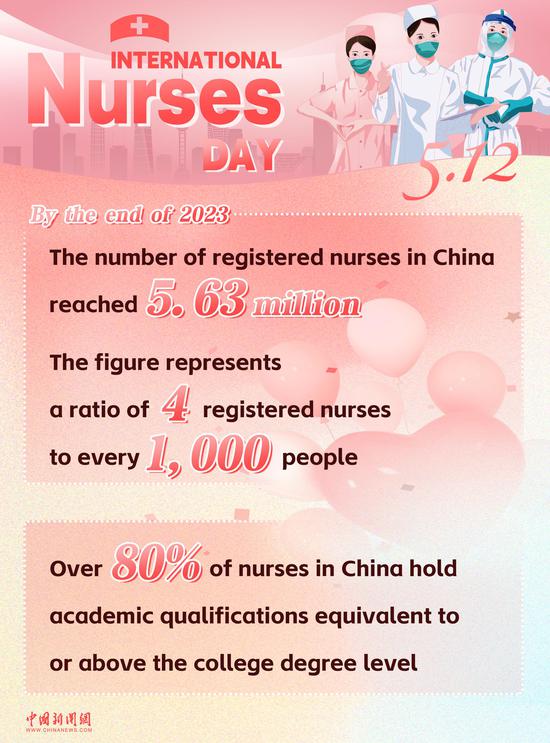
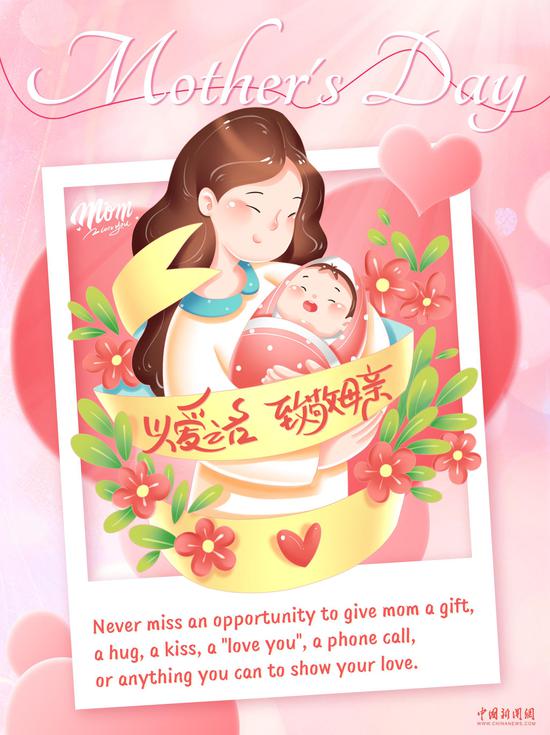
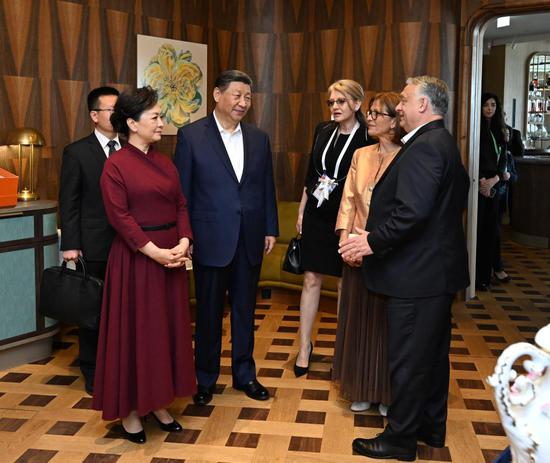
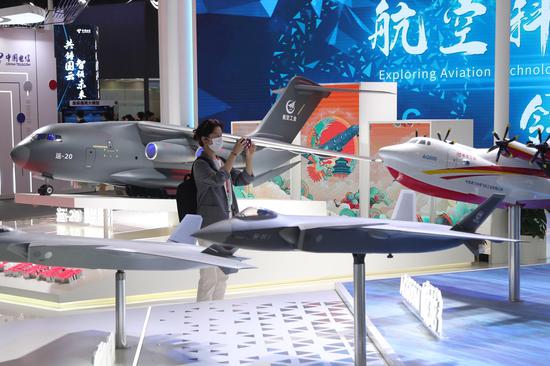
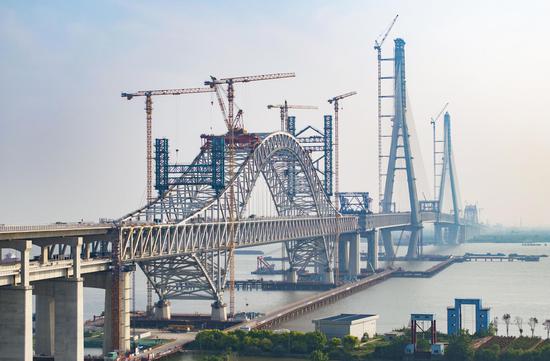


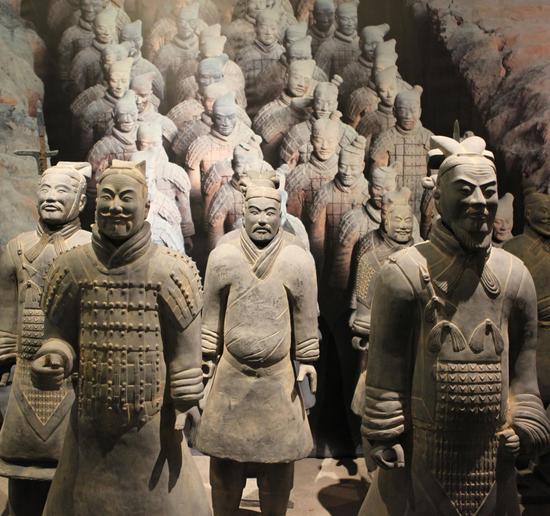
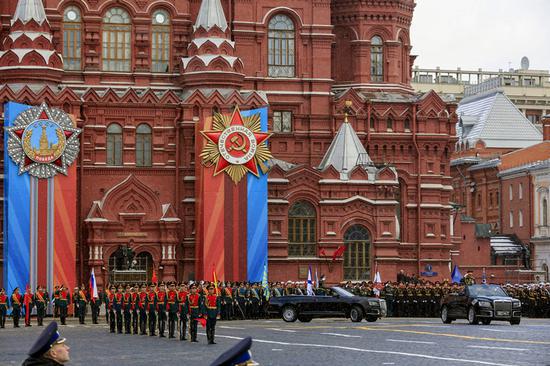

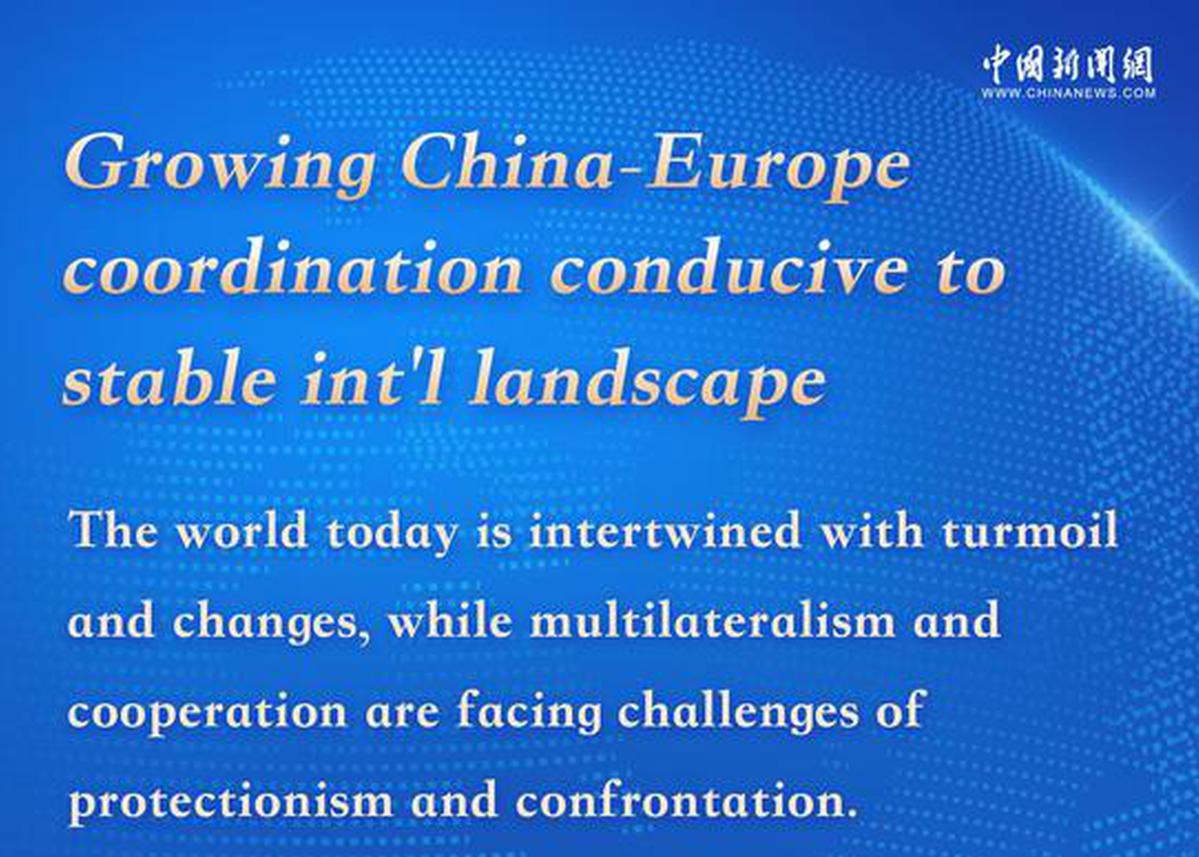
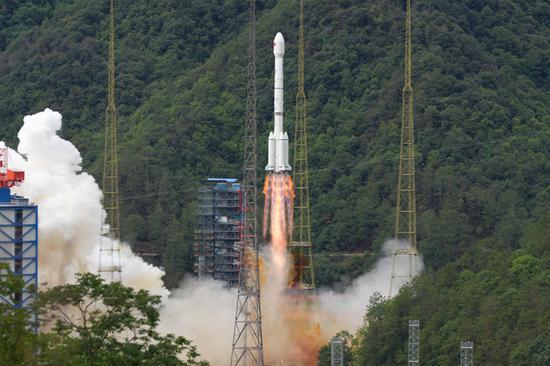
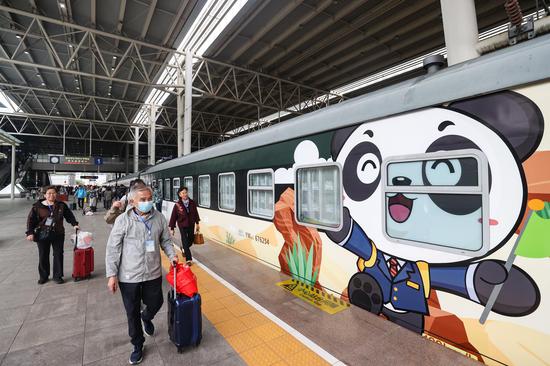
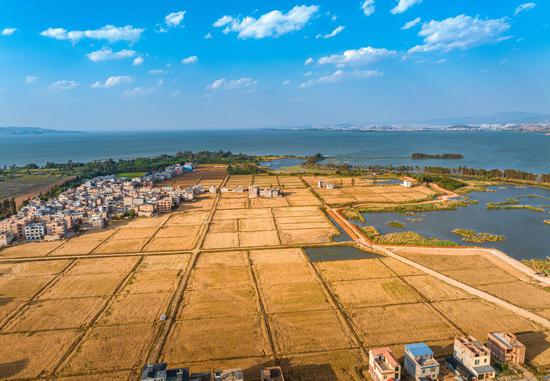
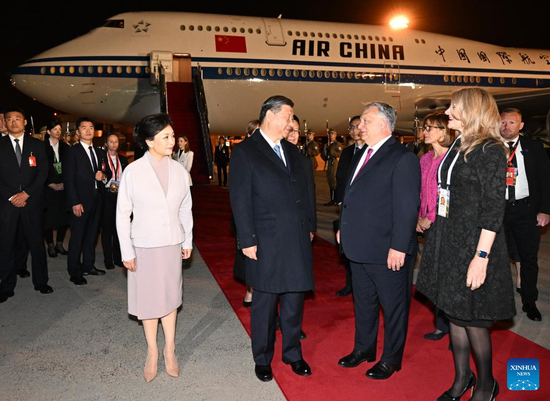
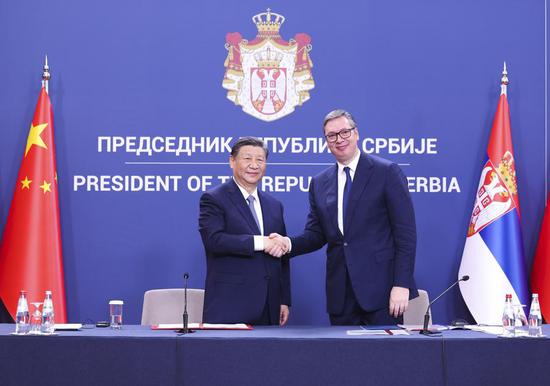
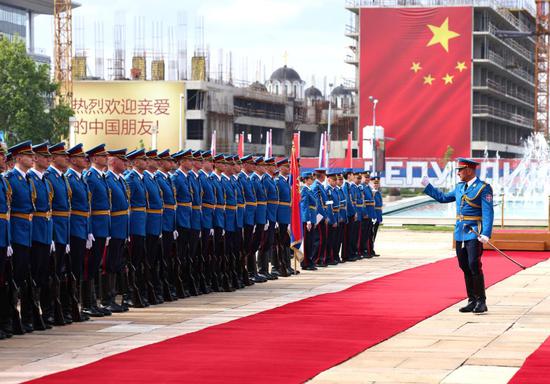
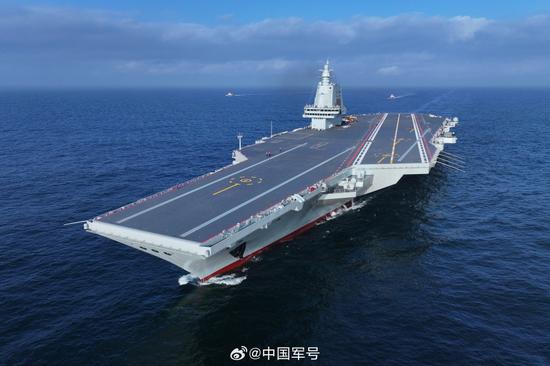
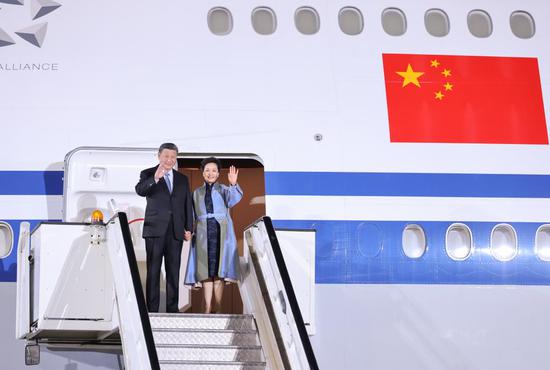
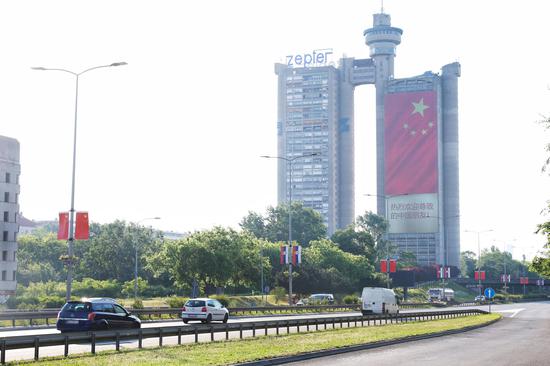





 Kinh công võng an bị 11010202009201 hào
Kinh công võng an bị 11010202009201 hào